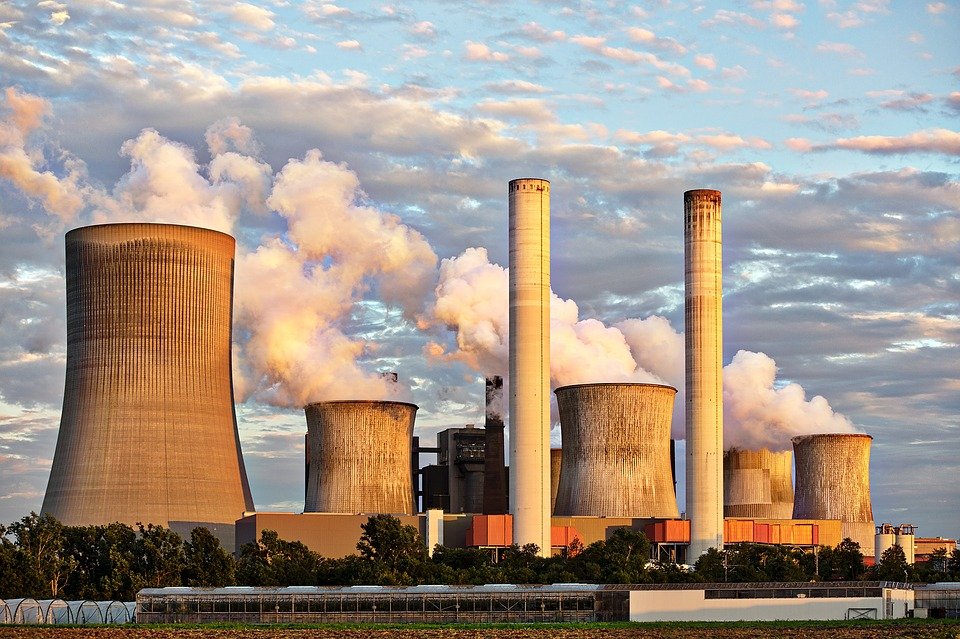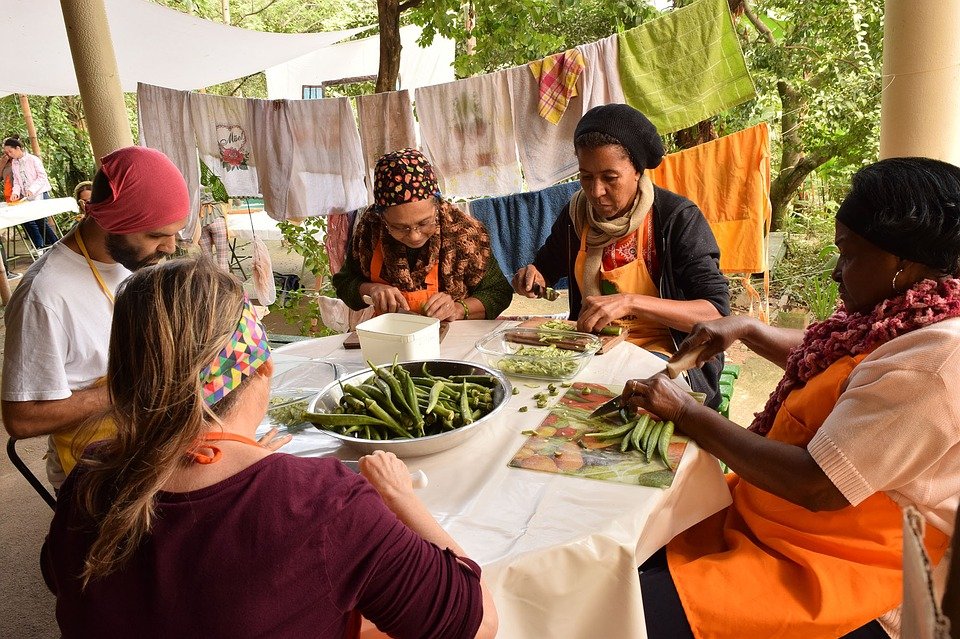One of the ways I make money is referring people to local solar companies. I get a referral fee, a small business goes a little more in the black, and a family gets the satisfaction of getting off coal.

In most cases this is net metering. Let me explain a little of what that means. Batteries are still pricey, so most people are still connected to the grid. All day long your solar panels are happily converting sunlight to electricity. You almost certainly aren’t able to use it all even if you try. So what are you going to do with the excess? Well, if you have batteries, you can store it in the batteries to use during the night or on cloudy days. Like I said, though, batteries are still quite pricey, so depending on where you live, you may need a lot of them to get through winter or a rainy season. Net metering is another option. Basically you send the extra electricity you produce during the day to the utility company, and they send it to you when you aren’t producing enough. If you make more than you use, the utility will buy it from you. Of course they don’t pay as much as they charge, but it’s something.
In most cases, people don’t really change their habits or their appliances when they go with net metering. That’s partly because the price of solar panels has come down so significantly. Financing these systems is now standard in the industry. You pay a monthly payment on your system. Because of tax incentives, it’s possible to have even these huge systems paid off in just 5-7 years. It’s warranteed for 20 years. Now imagine what you can do if you’re willing to make a few changes to cut back your electricity usage. My point in explaining all this to you is that it’s really simple. It’s really not a burden. That monthly payment is about the same as what you were paying to the utility company. You have to spend an hour or so with the solar people to design the system. Then you have to be home the day they install. That’s about it. It’s so easy.

Still, in people’s minds, though, it is difficult. It's a burden. It might be expensive. They’re afraid they may not be able to understand it. I mean, even if it was hard, wouldn’t it be worth it to shift the world off fossil fuels? I really look forward to having my solar system and an electric vehicle charged by the sun.
This attitude persists in a number of areas. I used to have a cloth diaper service when I lived in the states. So many people thought cloth diapering was hard. With a service, it’s even easier than disposables. Even something like recycling, which is ridiculously easy, has taken a long time to catch on. Eating locally or organically can certainly be more expensive, but switching from processed foods to whole foods is often a significant savings. Frozen food isn’t even available here, and while I do sometimes miss just throwing something in the oven for dinner, we eat so much healthier now. Being willing to spend a little more time cooking can save a lot. The time spent on grass could be spent on a garden. A permaculture approach can mean a lot of food coming from a relatively small area.

Most of these changes are simple and relatively inexpensive. Why do we see them as a burden? What is the resistance to change all about?
Well, I think at least a part of it is that we tend to ignore the costs of continuing on as we are. What is the cost of millions and millions of disposable diapers sitting in a landfill, many of them filled with human feces? Did you know that we actually don’t know how long it takes for disposable diapers to decompose because the first ones ever made haven’t decomposed yet? What’s the cost of continuing to burn coal or fracking? What’s the cost of piling up the piles of plastic higher and higher? What’s the cost of continuing to watch ocean mammals die because their bellies are filled with plastic? What’s the cost of depleting our soils and continuing to dump poison on our earth and our water? What’s the cost of putting shit food in our bodies? What’s the cost of shipping food across huge distances because we refuse to rely on what’s is available locally or what we have canned and frozen? Another thing I really appreciate about Belize. We only get avocados when they’re in season. Same with most other fruits and vegetables. While that sometimes makes me sad, I love knowing I’m only eating things that didn’t travel far. There are costs for all these things. And they’re substantial.

I don’t want to make anyone feel guilty. I really believe we are all doing our best, and I don’t have a permaculture garden. My excuse is that we don’t own this land, but would it be the worst thing in the world for me to start a permaculture garden on someone else’s land? I do want us to all begin to think about the costs of not changing, the costs of staying the same. I personally don’t think we are destroying our planet. I see Mother Earth as far too powerful for that. I do think we are putting our ability to continue to live here at risk. At a point, she will no longer be able to sustain us. She will survive, but we must change to survive. We must learn to live in harmony.
Next time something seems like too much trouble, be sure to take all the costs into account.
